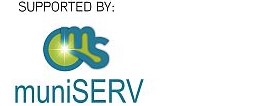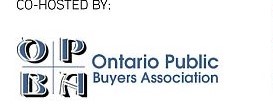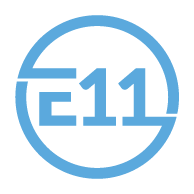How much does your organization spend each year on technology? Not just new technology but maintenance and subscription renewals as well?
If you’re a medium or enterprise-level corporation, it’s probably not an insignificant amount
For that matter, relatively speaking, a lot of small businesses can also point to technology as a good chunk of their operating expense
But now the more uncomfortable question…are you using all of that technology you’re paying for?
I was going through my invoices last week and realized that I’m still getting charged by our old hosting provider even though we moved our website to another platform several months ago
It’s a small monthly charge but, if I hadn’t caught it, who knows how long I would’ve kept paying those fees
Now imagine if that were to happen in a larger organization. Unfortunately, from what I’ve seen in large organizations, there’s not much left for the imagination
A few years ago, we were doing some consulting work for a client who’d heavily invested in a premier financial platform that was running on their on-premise servers
They’d paid seven figures for the initial license fee plus a year’s worth of consulting for customization, implementation and testing
And every year since they’d been paying close to six figures for annual maintenance
During our review we noticed two invoices our client had received from the same software supplier
One was for the annual maintenance, but the second one was for annual subscription fees
What had happened was, during the year they were going through their implementation, the supplier released a cloud version of the same product
And got the finance department to sign up for a one-year subscription so that they could start using the software right away
With the idea being that everyone would get moved to the on-premise version when it went live
But that road from on-premise to cloud is usually a one-way street. Rarely do you see an organization go the other way
So they went live, but everyone kept using the cloud version
And because there was a disconnect between the business and IT, the subscription would auto-renew each year and finance would pay the renewal
At the same time, IT would get an annual maintenance invoice for the server-based version and that would get paid as well
Now I know that a lot of you are hearing this and thinking about a time when this might have happened in your organization
Or you’re wondering if it’s happening right now
Folks, it’s September, which means a lot of your IT contracts are going to be coming up for renewals
And if there’s ever been a year when it was absolutely critical that you only pay for what you’re using…it’s this year
If you’re going to survive 2020 and still be standing in 2021, you have to get a handle on your IT spend
But you’ll never be able to do that until you have a handle on your IT contracts
And that’s where I believe we stand head and shoulders above everyone in this space
Because I designed a platform that gives your procurement team everything they need to properly manage contracts…and they’ll do it for pennies on the dollar
So take 5 minutes to see how OneView works
And if you need some help with your year-end renewals, reach out to us. We can help with that too
Mohammed Faridy
[email protected]














